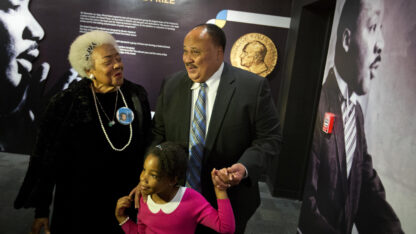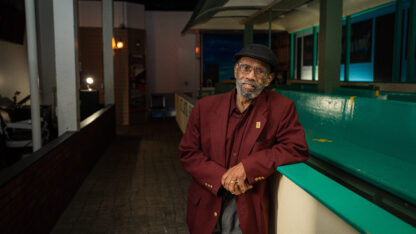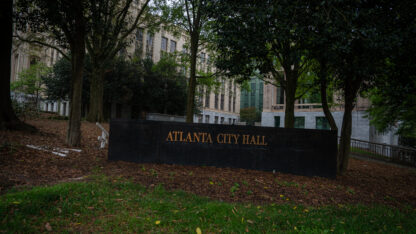David E. Harris, who flew bombers for the U.S. military and broke barriers in 1964 when he became the first Black pilot hired at a major U.S. airline, has died. He was 89.
Harris’ family said he died March 8 in Marietta, Georgia. No cause was given.
Harris spent 30 years flying for American Airlines. CEO Robert Isom called him a trailblazer.
“Capt. Harris opened the doors and inspired countless Black pilots to pursue their dreams to fly,” said Isom, who pledged to honor Harris’ legacy by continuing to offer aviation careers “for those who otherwise might not know it’s possible.”
Harris flew for the Air Force for more than six years but struggled to find work in the airline industry. Before he went to work for American Airlines, his job applications were rejected or ignored, he said.
“I was perfectly aware that there weren’t any Black pilots flying with the airlines,” Harris told South Carolina Living magazine in 2015. “I didn’t want to go with any airline that wasn’t really ready to hire Blacks.”
Harris said the chief pilot at American told him, “We don’t care if you’re Black, white or chartreuse. We only want to know, can you fly the plane?”
On the job, he nevertheless encountered tense moments. Harris recalled to NPR two years ago when he and a white co-pilot flew into Washington, D.C., a few days after the assassination of Martin Luther King Jr. in 1968. Smoke was rising from fires that broke out during riots in the nation’s capital.
Harris said the co-pilot “was making all kinds of nasty comments about King, and I sat quiet in the other seat” to avoid an argument while the two of them landed a plane full of passengers.
Even 60 years after Harris’ hiring, Black employees remain underrepresented in aviation. Black people make up 12.8% of the U.S. population but only 3.6% of pilots, according to government figures.
Harris was born in 1934 in Columbus, Ohio. After earning a degree in education from Ohio State University, he joined the Air Force and faced discrimination in areas surrounding bases in Florida and Texas, according to his family.
After passage of the Civil Rights Act in 1964, Harris began applying to major airlines and became the first Black aviator to enter pilot training for a commercial airline, his family said. He eventually became an instructor at American’s flight academy and helped create the Organization of Black Airline Pilots.
“Reaching back and helping others to succeed — that’s what I’d like for my legacy to be,” he told NPR.
Harris retired in 1994 but kept flying in his single-engine Socata Trinidad aircraft.
Harris is survived by two daughters, six grandchildren and two great-grandchildren, according to his family.








